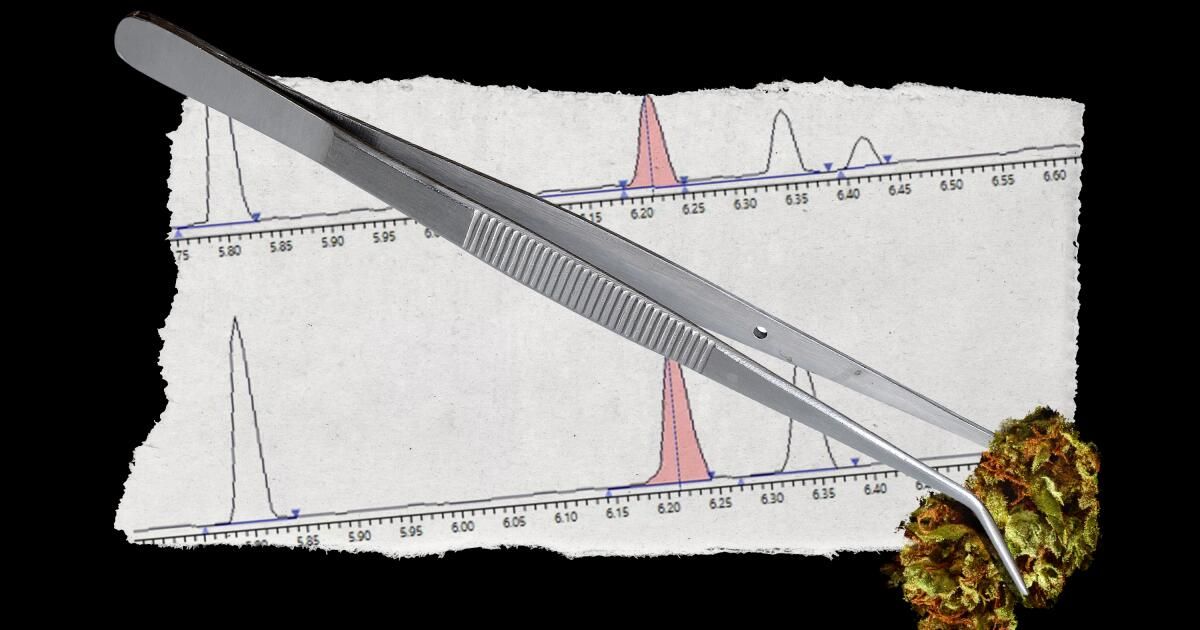Currently, California does not conduct independent checks on pesticide levels in cannabis sold to consumers or on the accuracy of private pesticide tests that certify cannabis for sale.
To see where that leaves consumers, The Times and WeedWeek conducted their own tests. Journalists purchased products from licensed dispensaries across the state. Two licensed cannabis testing laboratories, Anresco Laboratories in San Francisco and SC Labs in Santa Cruz, agreed to test the samples for an expanded list of pesticides.
The samples were selected for a variety of reasons: sales promotions, unusually high potency levels, or were named in complaints to regulators. The tests also focused on vaporizers, which due to their concentrated oils may pose a greater threat to consumers' health.
Journalists removed packaging and obscured labels so that laboratories would not know which products were being tested. In many cases, both laboratories tested the same product and other products were retested.
In total, 66 tests were conducted to detect more than 100 pesticides, far more than California's required screening of 66 chemicals. Other pesticides may be present. Results from a state agricultural laboratory that conducted tests for regulators showed 16 additional pesticides that Anresco and SC Labs were not prepared to measure for.
Anresco and a third lab, Infinite Chemical Analysis Labs in San Diego, provided additional test results to the Times, which had sent those results to state regulators. In these cases, the laboratories selected which products to test.
Alex Halperin is editor of the industry newsletter WeedWeek.












